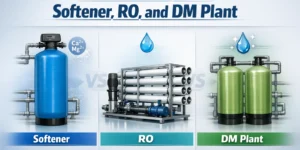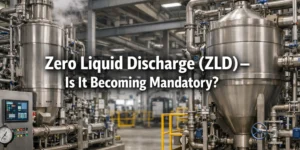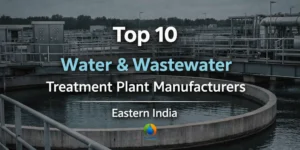How Ultrafiltration Technology Reduces Water Treatment Costs
2025-11-10 | by Joydip Manna

In today’s industry-driven world, water is not just a production resource; it is vital for operational efficiency. Whether in food processing, manufacturing, textiles, or the pharmaceutical industry, a clear source of water is vital for production. After industrial use, water needs proper treatment before being disposed of into natural water bodies. Traditional water treatment methods can be expensive and inefficient, whereas modern ultrafiltration technology is highly efficient.
If you choose a reliable effluent water treatment plant manufacturer, you can get the most innovative range of water treatment plants with ultrafiltration technology. It can be budget-friendly and effective. Let’s explore this blog to learn about how ultrafiltration technology reduces industrial water treatment costs.
What Do You Mean by Ultrafiltration?
Ultrafiltration mainly uses a semipermeable membrane to separate suspended solids, bacteria, and macromolecules from water. Conventional filtration mainly relies on carbon and sand and allows water and small dissolved particles to pass through thoroughly. Ultrafiltration membranes act as precise molecular filters that allow water to pass easily. You can operate this technology at low pressure, making it energy-efficient for treating industrial water.
Ultrafiltration Technology Reduces Water Treatment Costs
In this segment, we will discuss how ultrafiltration technology reduces water treatment costs for various industrial applications.
1. Reduction in chemical costs
In many industries, large amounts of chemicals are used to treat water before it is processed by reverse osmosis. Ultrafiltration can remove suspended particles, reducing the need for chemical use. It not only saves money but also reduces the need for chemical storage.
2. Reduction in energy consumption
A traditional sedimentation system depends on a high-pressure pump and a multi-stage water treatment process. It consumes higher power.
Whereas ultrafiltration operates at a lower pressure and results in minimal electricity consumption. When integrated with smart automation, ultrafiltration can improve water quality.
3. Extend the life of downstream equipment
Clogging in the downstream system can be a major cost factor for industrial water treatment. Ultrafiltration serves as a protective pre-filtration step, removing impurities that could damage the expensive membrane. By introducing an ultrafiltration system, the lifespan of the RO membrane can be extended.
4. Higher water recovery
Water reuse has become a key economic advantage. Ultrafiltration-treated water must be clear and suitable for process cleaning and cooling towers. This technology not only saves costs but also supports sustainable certification for industrial usage.
5. Longer service life with low maintenance
Ultrafiltration membranes are durable and easy to clean. By proper maintenance, you can use it for 7 to 8 years. Try to choose reliable effluent treatment plant service provider to get the best-quality water treatment plants with premium ultrafiltration technology. It can significantly reduce your costs and deliver a high return on your investment.
Conclusion
Ultrafiltration is not just about getting clean water; it is about using smarter water. By integrating ultrafiltration technology, the industry can protect its cost structure. Contact with Plizma Technology to buy the most effective budget-friendly water treatment plant with ultrafiltration technology to purify your industrial water.
RECENT BLOG
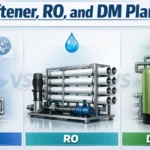
Difference Between Softener, RO, and DM Plant
2026-02-25
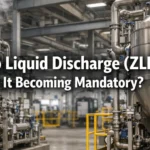
Zero Liquid Discharge (ZLD) – Is It Becoming Mandatory?
2026-02-20
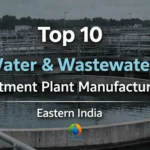
Top 10 Water And Wastewater Treatmant Plant Manufacturer in Eastern India
2026-02-12
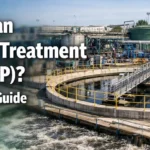
What Is an Effluent Treatment Plant (ETP)? A Complete Guide
2026-02-10



